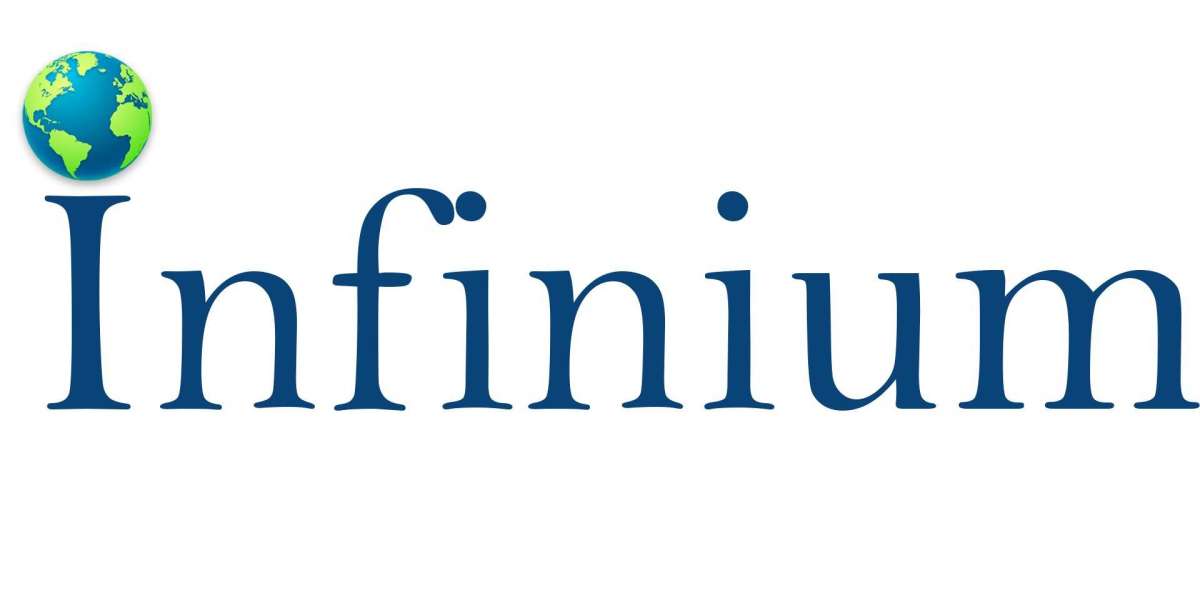Yes, you may acquire life insurance for your parents in order to assist them pay for their final expenditures after they die. It provides a measure of comfort for your family at this tough time, Obtaining a parent's approval as well as evidence of insurable interest are required in order to get an insurance policy for them. The sort of coverage you choose will be determined by the insured's age, financial condition, and overall physical health. In order to prepare for the death of a loved one, it is critical to have life insurance coverage in place (learn what to do when a loved one dies). It is important to obtain life insurance for parents that will provide the greatest amount of assistance for you through one of the most difficult days of your life.
Step-by-Step Instructions on How to Purchase Life Insurance for Your Parents
When it comes to purchasing life insurance, we frequently consider simply whether or not we need to obtain a policy for ourselves. The purpose of purchasing life insurance is to safeguard our loved ones from having to bear a financial burden in the event of our death. Part of safeguarding kids entails protecting yourself, particularly against unanticipated costs that might have a negative influence on your financial situation.
When a parent passes away, many times the remaining loved ones are left with the financial burden of paying the bills and may not have the financial resources to cover any end-of-life obligations their parents may have left behind, such as medical bills or hospice care. To say nothing of the tens of thousands of dollars that will be required to fund their burial expenditures.
Find out how much insurance coverage they require. The typical funeral cost might range from $9,000 to more than $15,000, depending on the type of ceremony chosen. Additionally, extra services like as transportation of the remains, usage of a funeral home for viewing, purchase of a tombstone, or the purchase of a burial ground may not be covered by this expense. Obtaining estimates from various local funeral homes will assist you in determining the ultimate cost as well as providing you with an idea of which services are most appropriate for you. Lastly, include any outstanding debts or last costs that your family may have incurred, such as unpaid medical bills. After that, you should have a good notion of how much life insurance you need to purchase.
Find a policy that will meet their requirements. In today's market, there are a variety of various forms of life insurance plans accessible. If you're considering purchasing an insurance, it's crucial to look closely at what it has to offer and ensure that it explicitly covers the items you want coverage for. Just because a plan is less expensive on a monthly basis does not necessarily imply that it is the ideal insurance for your needs.
Decide who will be the policy's owner and who will be responsible for paying for it. In most circumstances, you'll need your parent's permission before purchasing an insurance on their behalf. Most of the time, this permission is secured by having them sign an insurance application. Some situations will need the completion of a medical examination (also known as a life insurance examination).
When purchasing insurance on behalf of someone, you must be able to establish what is known as "insurable interest." Individuals who might be financially harmed by the death of the insured are considered to have insurable interest in most cases. In most cases, insurable interest accrues automatically to members of the family.
In addition to establishing that you have an insurable interest, certain insurance firms may require the insured to undergo a medical examination in order to qualify for insurance or to sign an application. These standards are determined by a multitude of factors, including the level of coverage.
Some businesses will provide life insurance without the need for a medical exam for lesser coverage. These insurance are often granted based on the responses provided by the applicant to health-related questions on the application.
Your specific circumstances will decide who is in the greatest position to take over ownership of the insurance policy. In most cases, the individual who pays the insurance premiums is also the person who owns the policy. Some plans may stipulate that the policyholder must be a specific individual. Your insurance agent can assist you in selecting the most appropriate owner and guiding you through the various possibilities available.
It is critical, no matter who controls the policy, that it is easily available to all parties involved. Confirm to yourself if the property owner knows his or her responsibilities and is willing to serve as the point of contact with the insurance company.



